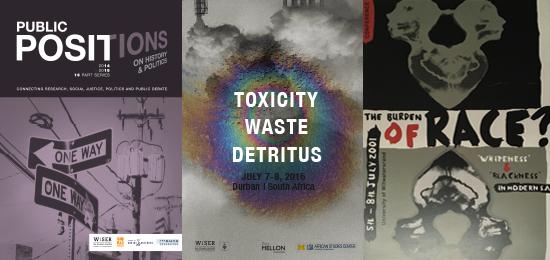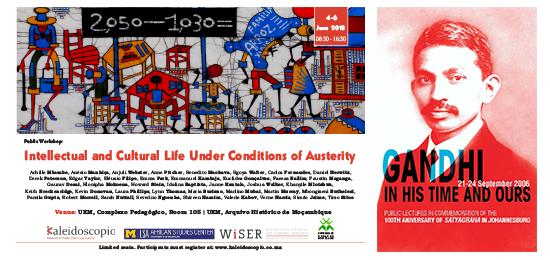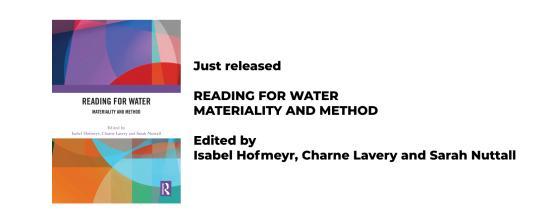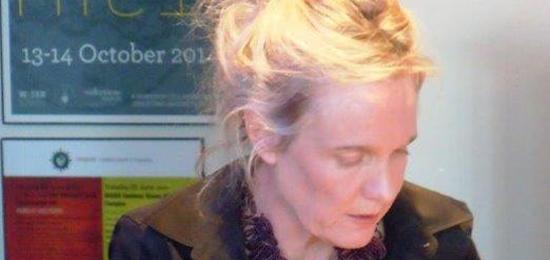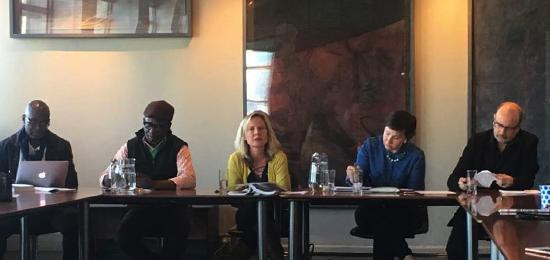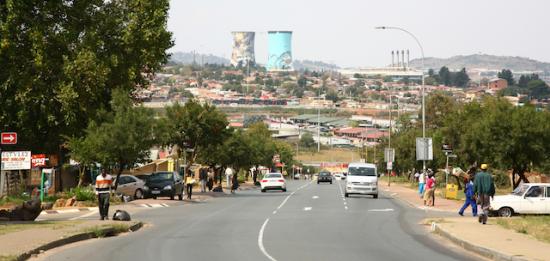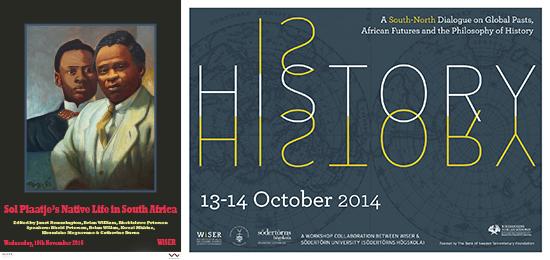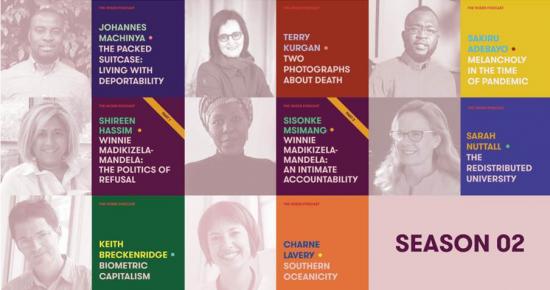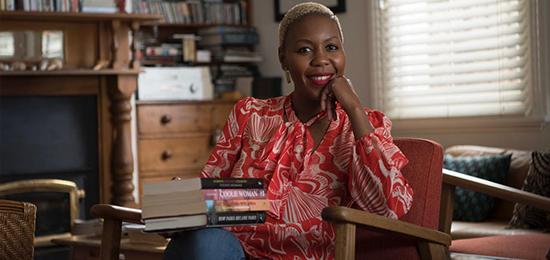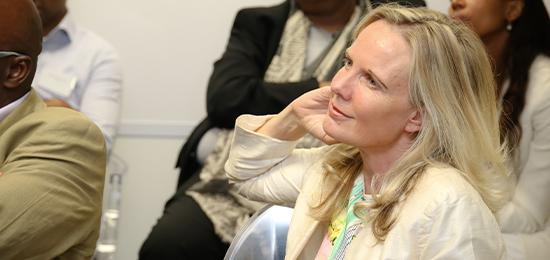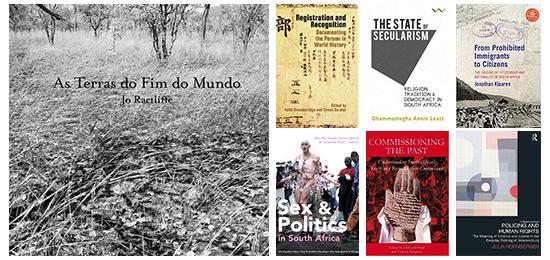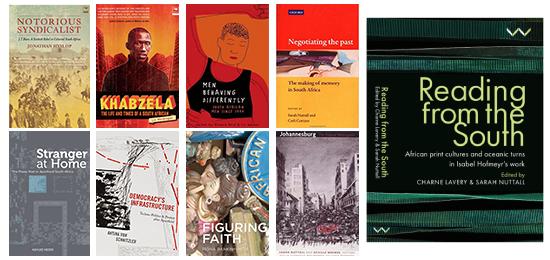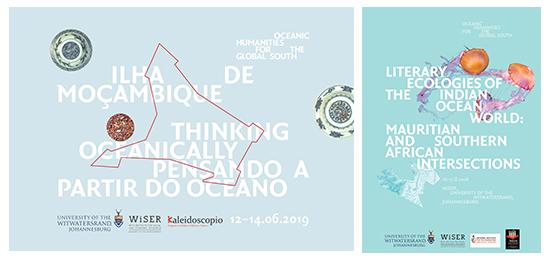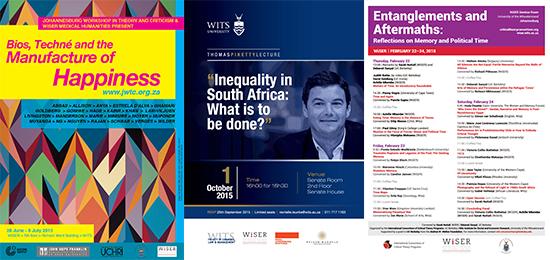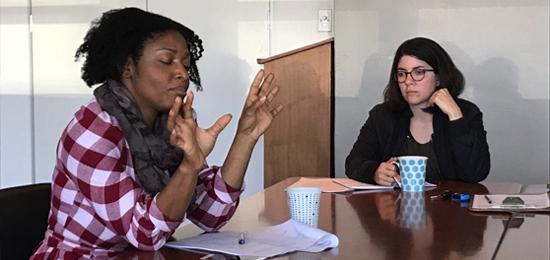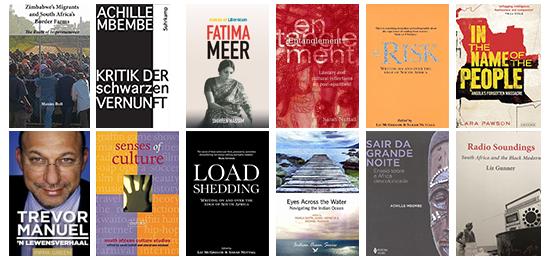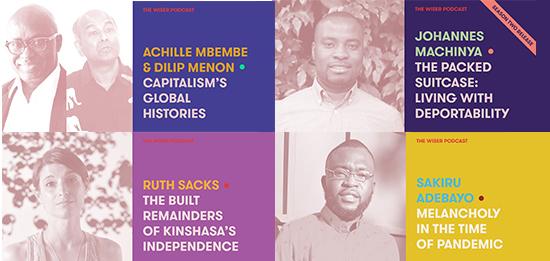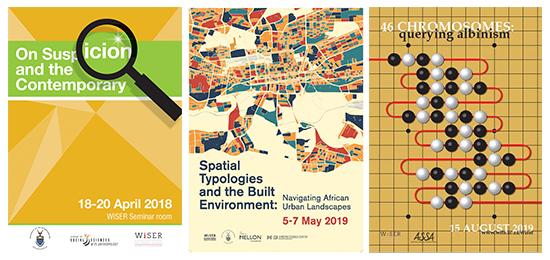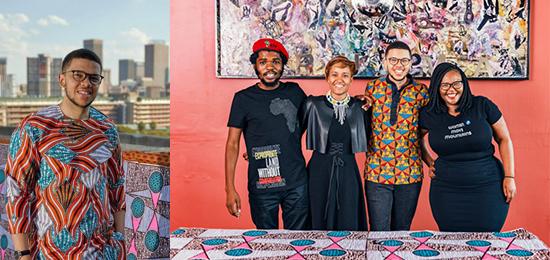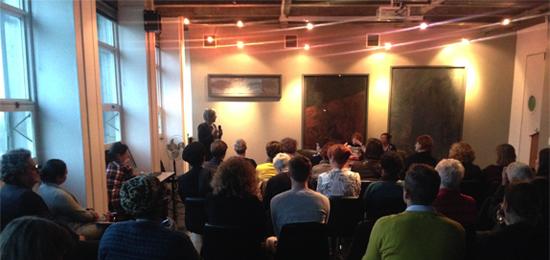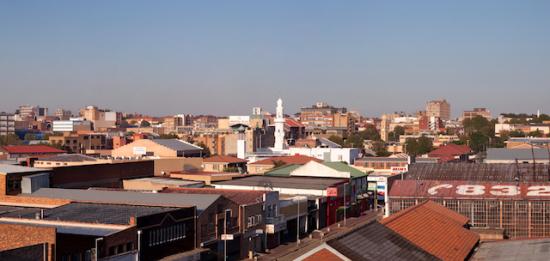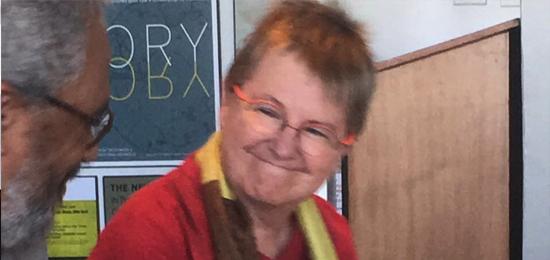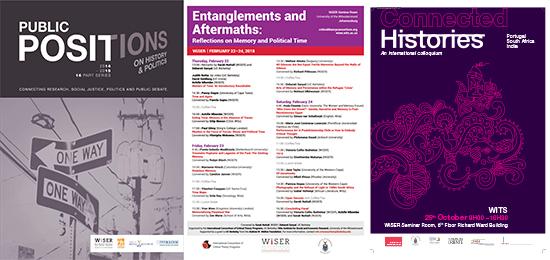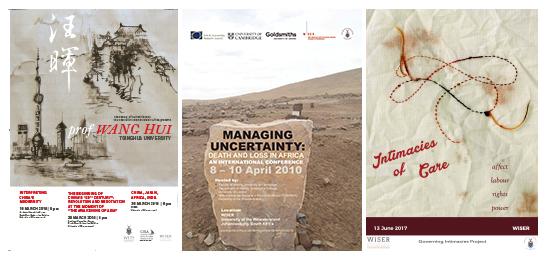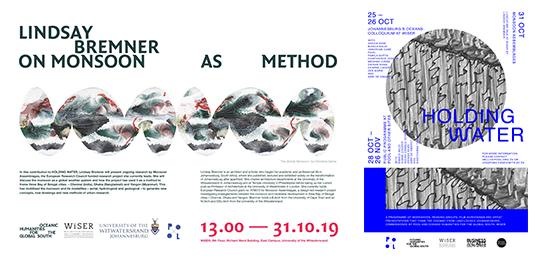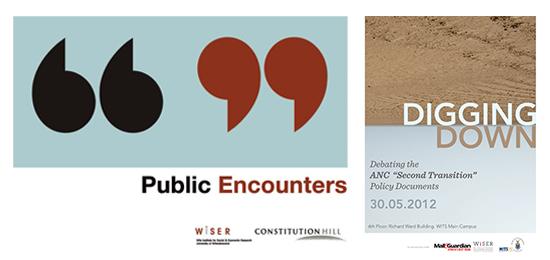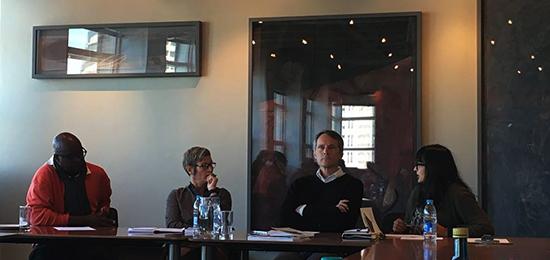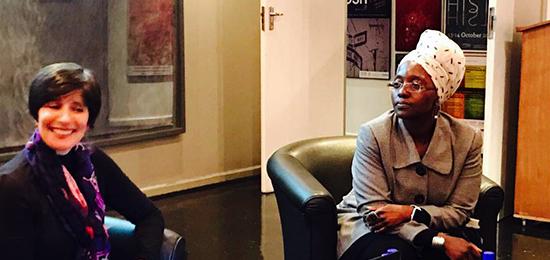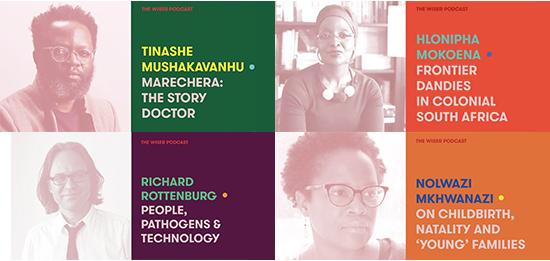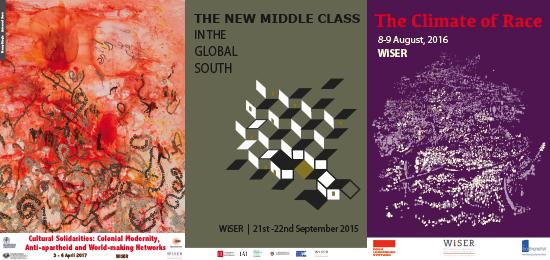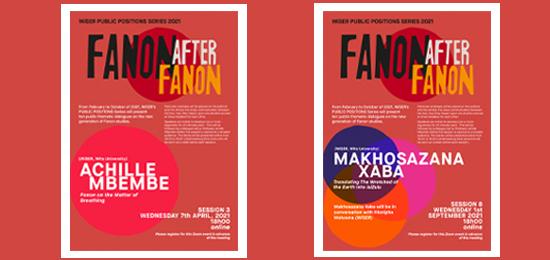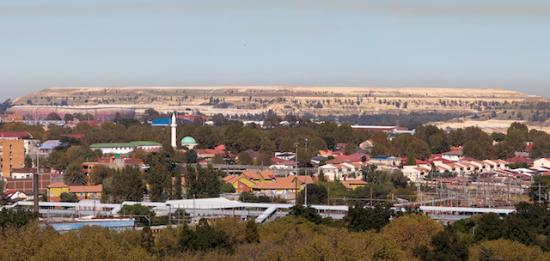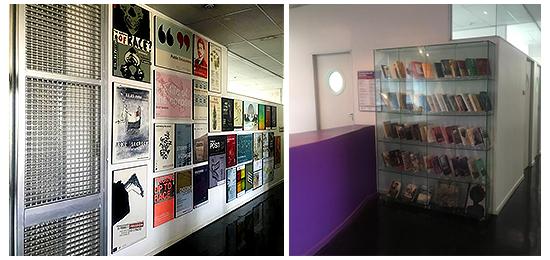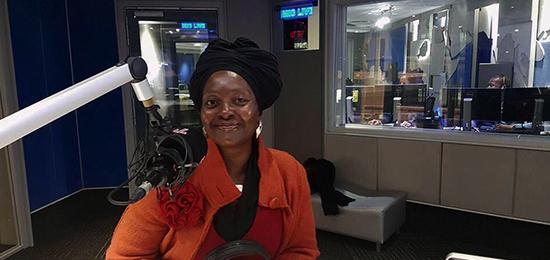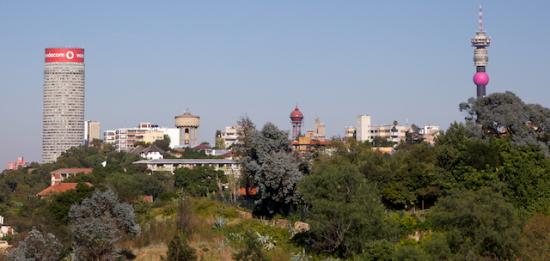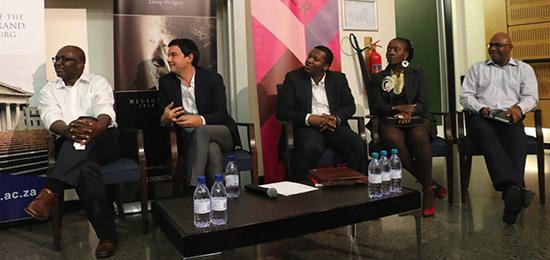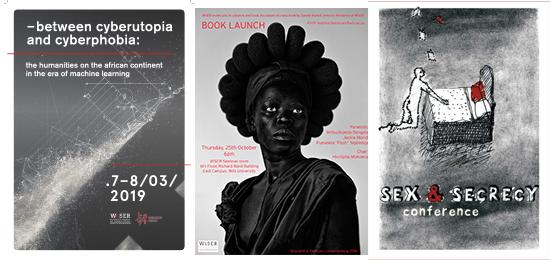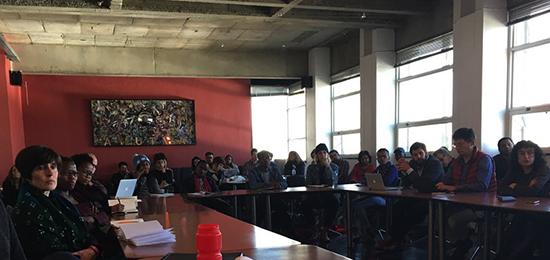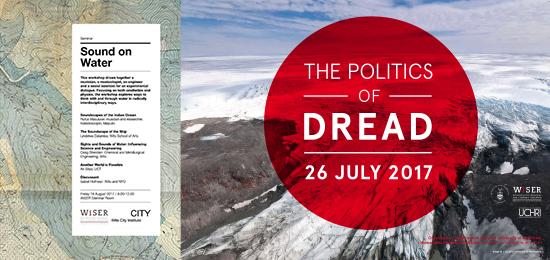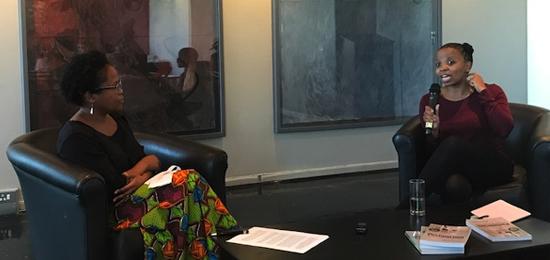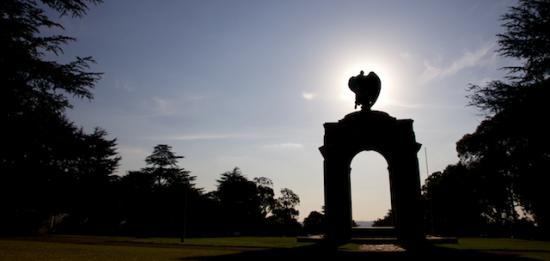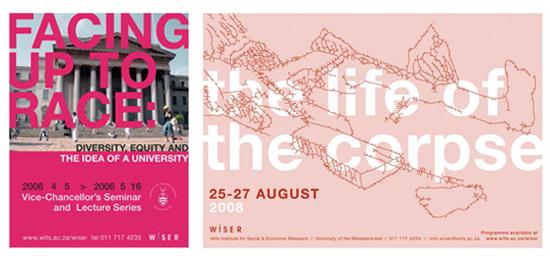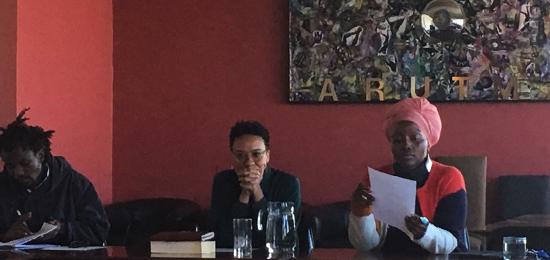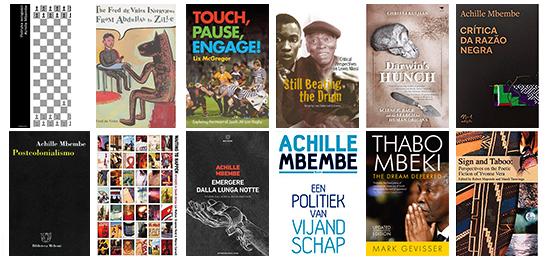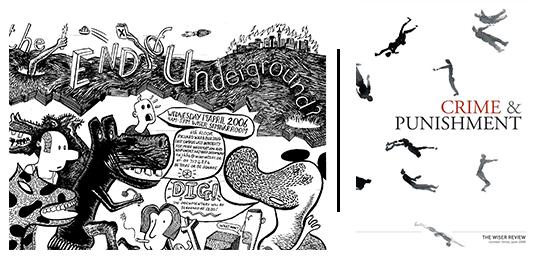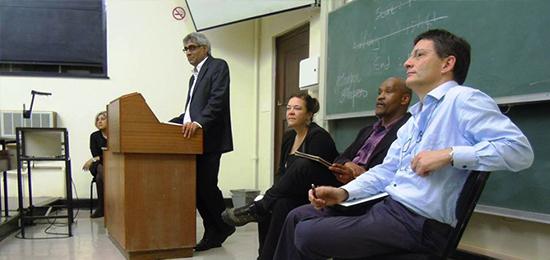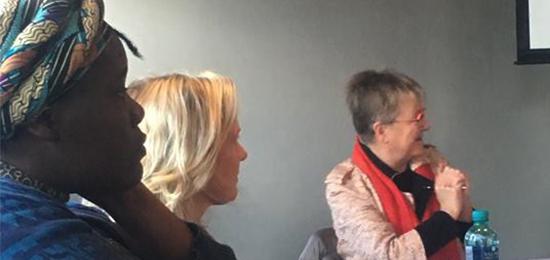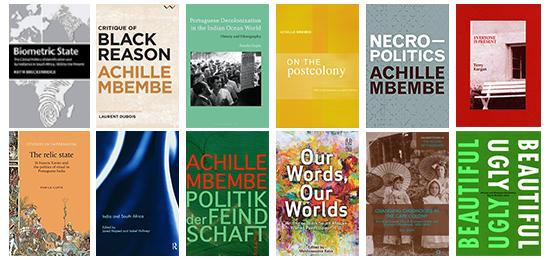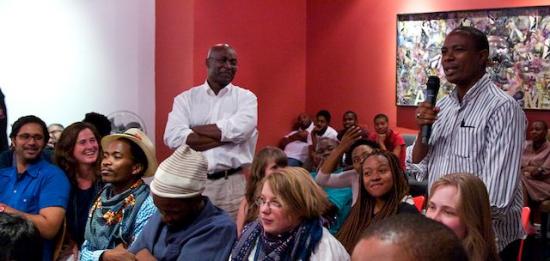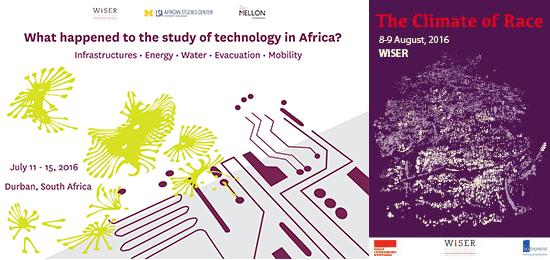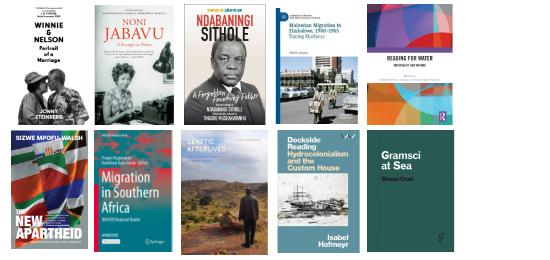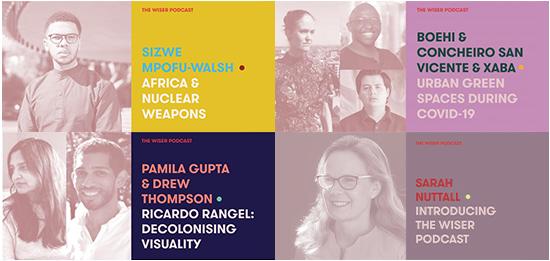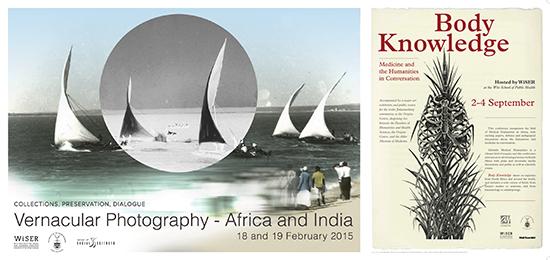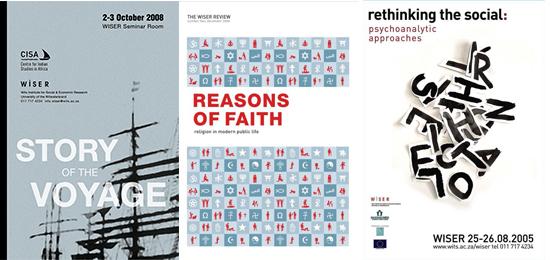Programme in African Digital Humanities, 2018 - 2023
The Supra-Institutional Program in African Digital Humanities from the universities of Cape Town, Pretoria, Stellenbosch, Western Cape and the Witwatersrand aims to address what is arguably the key source of strength and weakness in the South African humanities. It brings together researchers across the South African universities to examine the current forms and practices of reading and re-animate digital publishing in order to encourage and support self-directed, digital literary enquiries in the future.
To receive email updates about this programme, including calls for proposals for funding, please sign up here.
Drawing on already existing relationships with the leading international digital humanities centres the program will pursue five strongly related activities.
It will host workshops exploring the tensions and overlaps between the global theoretical developments in the Digital Humanities and South African experiences and traditions. The first goal of the workshops is to frame a national debate about the practical forms and philosophical effects of reading across the humanities. These workshops will also support technical sessions for university researchers, staff and students to increase the level of professional familiarity and expertise with what are now globally accepted softwares, standards and platforms for new methods of digitally-supported reading, and content development.
Using priorities and methodologies that emerge in part from the workshops, the program will commission research, on a competitive tendering basis, into reading in the South African universities. This research may consist of qualitative investigations of existing teaching materials and assessment, or more standardised forms of assessment using conventional survey methods or feedback data from on-line content. One major interest is in the development of comparable measures and descriptions of reading requirements and abilities across the disciplines and over time.
The program will also offer funds, on the same competitive basis, to existing and planned digitisation projects at the participating institutions to produce accessible digital materials that adopt these global standards. A major goal of this project is to increase the exposure of unavailable or scarce works that have been produced by black writers by making them available in standards-based on-line formats. Here the selection of materials will have in mind the pressing demands within the South African universities for a desegregated and decolonized academy.
From the third year researchers will be asked to evaluate the use of the new digital texts at the South African universities. The use data generated on the publishing platforms, on-line learning platforms and the universities' network will also be made available in the public domain to encourage data-driven research into current and future reading practices.
Financial support will be allocated nationally, placing at least R3 million out for tender each year to support commissioned research and standardised digitisation projects across all of the South African universities. These supported projects would be chosen, annually, from an open call for proposals by a committee composed of representatives of each of the collaborating institutions.
|
Tasks |
Goals |
Outcomes |
|
Digital Humanities workshops & Commissioned research |
Understanding reading & the humanities in the 21st century |
ISI research; familiarity with and use of bibliographic tools |
|
Curriculum specification |
Specification and improvement of reading requirements in course design |
|
|
|
Increasing range and visibility of African texts |
On-line publication of monographs, official records, archives, museum collections |
|
Standardised, discoverable and related content |
Aggregation of university-hosted content |
With the issue of long-term sustainability in mind from the outset, the program is designed to be catalytic, animating and expanding projects that are already underway and encouraging collaboration and standardisation wherever possible. Ongoing support for the forms of assessment, production, cataloguing and preservation for the new forms of reading and on-line resources will remain the responsibility of the participating institutions.
The program will be overseen by joint principal investigators – Keith Breckenridge and Hlonipha Mokoena – based at WISER, and it will draw on the administrative support of the Institute. The work of the PIs will be overseen by a management committee consisting of two academic representatives from each of the five participating institutions : Stellenbosch University, the University of Cape Town, the University of Pretoria, the University of the Western Cape, and the University of the Witwatersrand.
This program will strengthen basic research and teaching in many areas of the humanities, it will re-energize digitization across the country, enhance the global visibility of locally produced research, the diversity of the humanist canon, new strategies of digital librarianship and of life-long reading.

